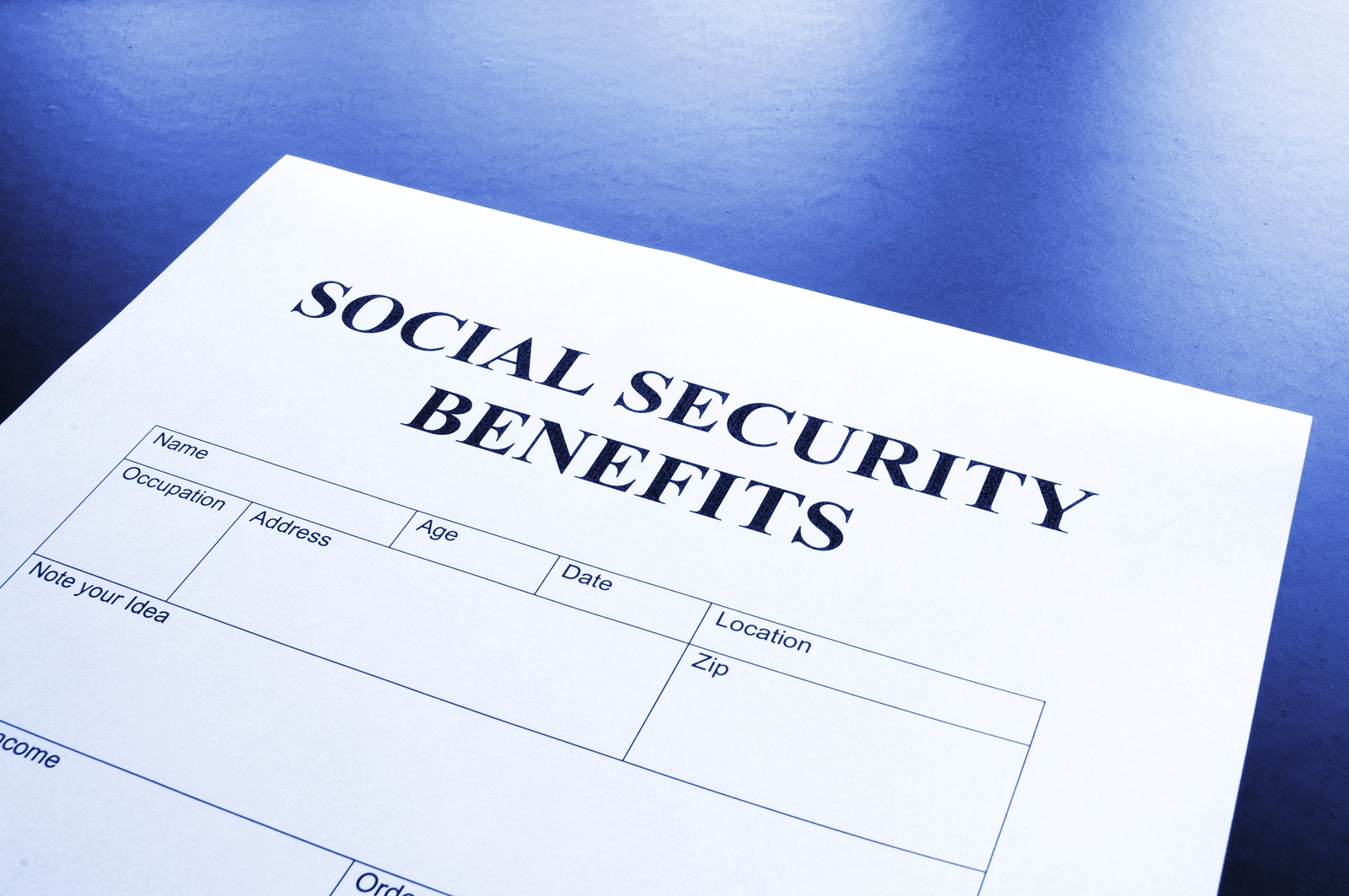Qualifying for Disability Benefits (SSDI) with PTSD in New Jersey
Post-traumatic stress disorder (PTSD) can severely impact the lives of those affected by it. The memory loss, insomnia, hypervigilance, depression, difficulty concentrating, and other debilitating symptoms may render those that suffer from it unable to work and carry on a normal life. Due to the inability to work that may result from PTSD, sufferers may be eligible to receive Social Security Disability Insurance (SSDI).
If you are suffering from PTSD in New Jersey, our lawyers can help you qualify for social security benefits. Call (215) 701-6519 today for a free consultation about how you and other NJ residents can prepare and file a disability claim for benefits for post traumatic stress disorder.
How to Qualify for SSDI Benefits for PTSD in New Jersey
To be able to receive SSDI benefits in New Jersey, you must meet certain requirements. These strict and specific requirements aren’t meant to deter applicants from receiving benefits but rather to discourage fraudulent or frivolous claims.
Applicants who apply to receive SSDI benefits in New Jersey must have disabilities or impairments that meet specific requirements. To qualify for SSDI benefits in NJ, an applicant must have a disability that is classified as severe. A severe disability means that it prevents the applicant from working and earning income. Impairments that are considered to be mild and easily controlled do not qualify applicants for SSDI benefits. This disability or impairment must have already lasted for 12 consecutive months, be expected to last for at least 12 consecutive months into the future, or be expected to result in death.
Specific ailments must meet the conditions outlined in the Social Security list of qualifying disabilities. To qualify for SSDI benefits with PTSD in New Jersey, the Listing of Impairments states that applicants must meet certain requirements. If applicants have medical records that prove that they have a complete inability to function outside of their own homes, then they qualify to receive SSDI benefits.
If an applicant’s medical records indicate that they have at least one symptom from one list (either recalling a traumatic experience, having recurring obsessions or compulsions, exhibiting irrational and persistent fears, suffering from severe panic attacks, or experiencing generalized persistent anxiety) and at least two symptoms from another list (either being markedly restricted in normal daily activities, having marked difficulties in maintaining normal social functions, having marked difficulty in maintaining concentration, or having repeated episodes of decompensation for extended durations), then they will qualify for SSDI benefits.
Eligibility for SSDI benefits is also determined by whether or not an applicant reaches the disability income limits. To qualify for SSDI, an applicant cannot earn more than $1,220 per month. (The limit is $2,040 for applicants who are blind.) Applicants that earn more than $1,220 are considered to be independent enough to make a living on their own and therefore do not need the assistance of Social Security.
Preparing a Disability Claim for Post Traumatic Stress Disorder
You can apply for SSDI benefits in New Jersey in one of three ways. You can apply by either visiting the Social Security Administration’s website, calling their offices, or visiting their office in person. When you apply you will need your Social Security Number, your birth certificate, and all medical records relevant to your condition. The application consists of biographical details and information about your medical condition and its impact on your life.
Applicants are denied SSDI benefits more often than not. Applicants may appeal after they have been denied benefits; it typically takes two appeals to finally be accepted for SSDI benefits. For this reason, it is advantageous to use the help of a Social Security Disability attorney. Using the help of an attorney greatly increases an applicant’s chances of having their claim accepted.
Applicants can expect to wait between 3 and 5 months after submitting their applications, with wait times lasting longer if the applicant has to submit a medical exam or if their application is chosen at random for quality assurance. At the end of the waiting period, the Social Security Administration will send applicants a letter that tells them whether their claim was accepted or denied.
If they were accepted, their letter will tell them how much they can expect to be paid. If they were denied, their letter will tell them why. Most applicants that are denied SSDI benefits are denied because their medical conditions are not severe enough. Other denials are issued because applicants earn too much income.
The Difference Between SSDI and SSI in NJ
Social Security Disability Insurance (SSDI) is commonly mistaken for Supplemental Security income (SSI). Both are administered by the Social Security Administration and both are given for various types of disabilities, but it’s important for potential applicants to note the major differences between them.
Social Security Disability Insurance, on one hand, is administered to workers who have paid Social Security taxes for a certain amount of time. It is given to people that have an impairment that will either last for a minimum of 12 consecutive months or will end in death. Supplemental Security Income, on the other hand, pays benefits to people that have access to limited income and resources.
New Jersey Social Security Disability Lawyers Can File Your SSDI Claim for PTSD
You shouldn’t let PTSD impact your ability to pay rent, buy groceries, and live a normal life. If you suffer from PTSD and you live in New Jersey, you may be able to receive SSDI benefits. Contact Young Marr & Associates today to learn more about how you can schedule a free and confidential consultation to talk about filing an SSDI disability claim. Call (215) 701-6519 as soon as possible.





























